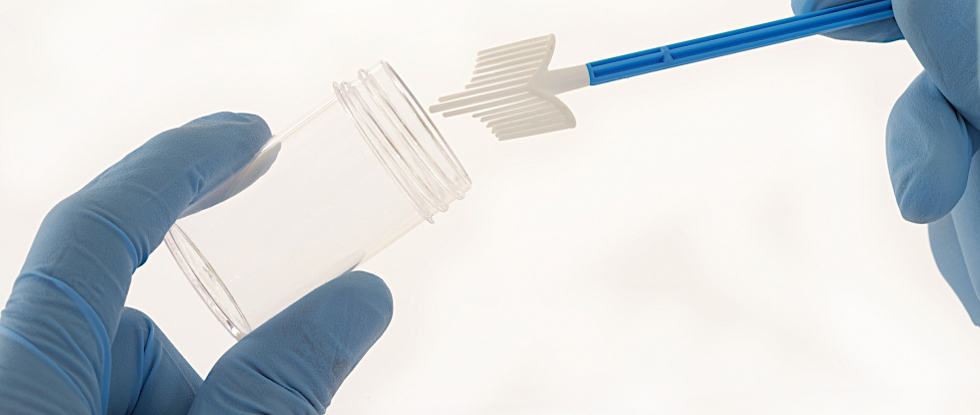Medical services
Preventive medicine
Prevention is better for healing than therapy!
The aim of a gynecological checkup is to detect any changes in the genitals or breasts early in order to prevent or at least detect a disease early and to be easily and quickly cured of it!
Therefore, remember to make an appointment with your gynecologist for an annual checkup!
A routine gynecological screening in my practice includes:
· Talking about your medical history
· Urinalysis
· Examining external and internal genitalia
· Cervical smear for cancer (Pap smear)
· Screening for vaginal infections
· and possibly even a colposcopy
· Scanning the internal genitalia (uterus and ovaries)
· Ultrasound and evaluation of the uterus, endometrium and ovaries. If abnormalities appear, a Doppler examination is then carried out.
· Breast screening with instructions for self-examination
Colposcopy
A colposcopy is an examination carried out with a special diagnostic microscope that allows the labia, vagina and vaginal portion of the cervix to be observed at a magnification from under six up to 40 times. This allows small lesions or abnormalities to be better detected. In addition, staining the cervix surface with acetic acid and/or an iodine solution better distinguishes where changes have occurred and, if necessary, a tissue sample (biopsy) can be taken. This makes an accurate diagnosis possible, something critical in taking further steps in treatment.
HPV vaccination
Human papillomaviruses (HPV) are responsible for the development of cervical cancer, precancerous lesions in the genital area and genital warts. The rate of infection with these viruses is quite high, mainly as a result of skin contact or unprotected sex. An estimated 70% of all sexually active people will contract HPV in their lifetimes, in most cases either in adolescence or early adulthood. Many times the infections go unnoticed, with the woman not becoming ill. Often enough the infections even heal on their own. However, some HPV types can be the precursor to cervical cancer. Because cervical cancer is the second most common cancer found in women, it is worthwhile to do something about it!
There are vaccines available on the market to protect against the most dangerous virus types and whose effectiveness has proven to be quite high. They have been administered millions of times with great success.
Who should be vaccinated, when and how?
The HPV vaccine should be given to all girls and women until they reach 45 years of age. Since 2013 it has been free in Austria for children between 9 and 12 and is included among scheduled vaccinations.
Three partial vaccinations (at birth and at two and six months of age) are required for initial immunization.
It pays to get vaccinated as soon as possible! I recommend very much for you to have the vaccination and to get a booster shot whenever necessary.
Ordination center Döbling:
- Mo:16:00 - 19:00
- Th:12:00 - 14:00
Address:
Heiligenstädter Straße 46-481190 Wien
Telefon: +43-1-360668000
Fax: +43-1-360668008
www.mednanny.com
Rudolfinerhaus:
Address:
Billrothstraße 781190 Wien
Telefon: +43-1-360365900
Fax: +43-1-360365103





